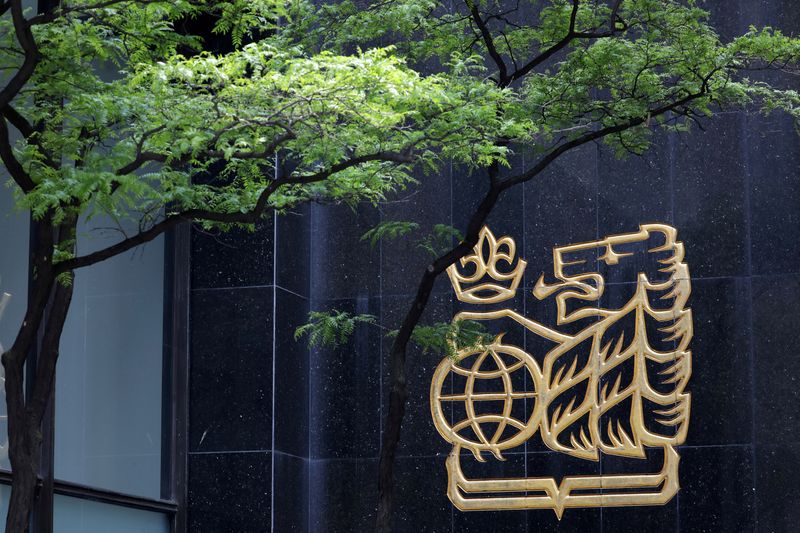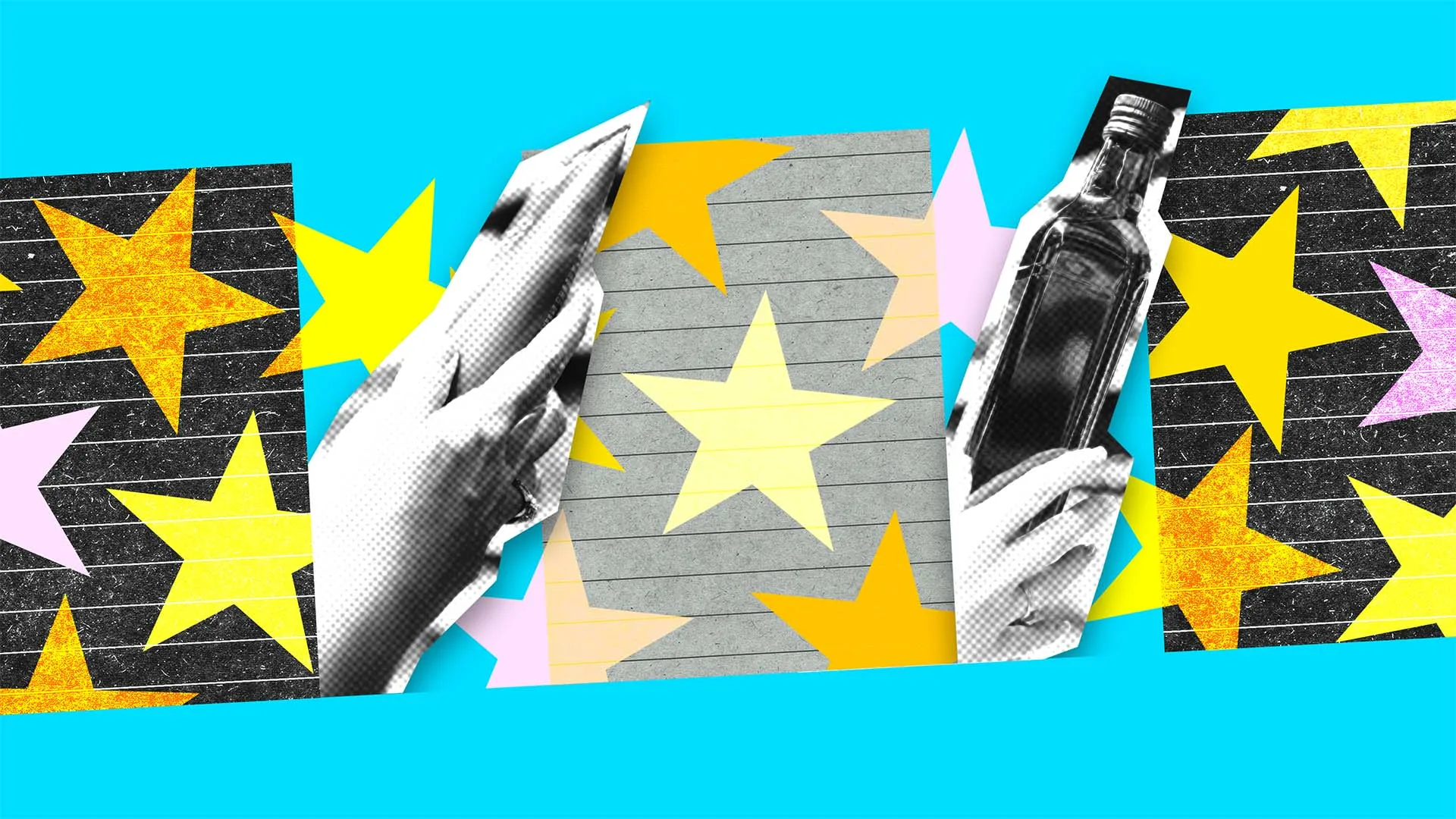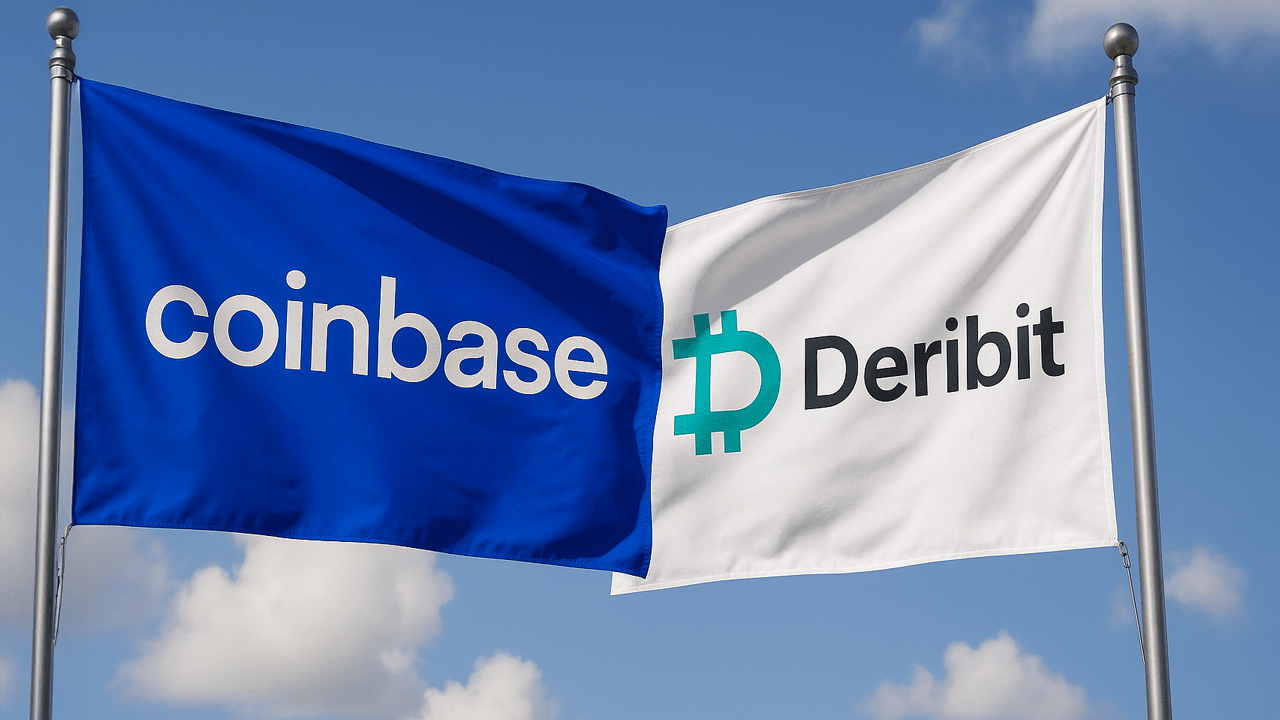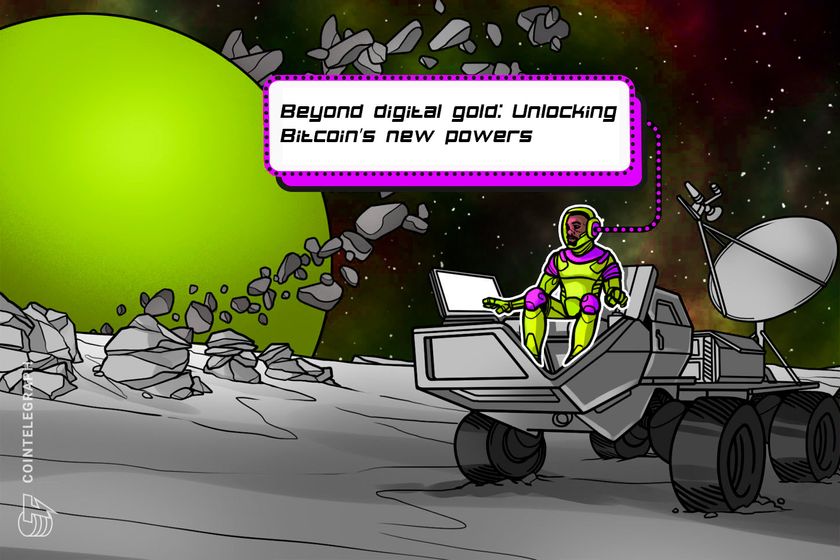Trump administration says 5.3 million student loan borrowers will have wages garnished this summer
Almost 200,000 borrowers have less than 30 days before their wages will be garnished.

The Department of Education under President Donald Trump began sending notices to the first of millions of Americans with past-due federal student loans that they will see their wages garnished in just a few months. The news comes the week that the Trump administration begins to send millions of defaulted borrowers into collections.
The garnishments will happen in waves, with the first borrowers seeing the pay deductions in early June. Monday, the Education Department started sending 30-day notices to around 195,000 defaulted borrowers to notify them that they will be subject to the Treasury Offset Program, which collects past-due debts owed to state and federal agencies. Under this program, Treasury can withhold money including tax refunds, wages, Social Security payments, and disability benefits to pay delinquent debt.
Later this summer, "all 5.3 million defaulted borrowers will receive a notice from Treasury that their earnings will be subject to administrative wage garnishment," the department says in its first timeline of the enforcement action.
The Education Department has not collected on defaulted loans since the start of the COVID-19 pandemic. Now that it plans to restart the actions, millions could see their financial situation worsen at a time of profound economic uncertainty. According to a report released Monday from credit bureau TransUnion, more than one in five borrowers are at risk of defaulting on their loans, a higher share than pre-pandemic.
Some 20.5% of borrowers have a payment 90 days or more past due, compared with just 11.5% of borrowers in February 2020, per the report. "The current rate of delinquency represents the highest figure ever recorded," it reads. And it could be more widespread than it looks.
When defaulted debt is sent to collections, borrowers can experience less money to cover their bills—leading to even more debt accrual—and "significant drops" in credit score. Social Security beneficiaries, in particular, are vulnerable to destructive financial and health outcomes when their benefits are garnished, according to the Consumer Financial Protection Bureau.
Sen. Kirsten Gillibrand (D-NY) sent a letter to Education Secretary Linda MacMahon earlier this week, noting the precarious economic environment and asking the cabinet official to detail an outreach program and other steps the department is taking to mitigate negative financial repercussions on everyday Americans.
"Withholding income from borrowers will unnecessarily exacerbate economic strains in local economies while New Yorkers worry about a tenuous economy and potential recession," Gillibrand wrote. "I’m concerned that the timing could not be worse for any changes in student loan repayment policies."
To get out of default, borrowers need to repay their loan in full, which the department acknowledges is "not a practical option for most borrowers." They can also rehabilitate their loans or consolidate them. The loan rehabilitation process depends on the type of loan the borrower has and their servicer, and typically takes a few months to complete. Wage garnishment may continue until the loan is no longer in default or the borrower has made at least five of the rehabilitation payments. Consolidation is quicker, but could lead paying more in interest. Additionally, borrowers cannot consolidate their loan unless the wage garnishment order has been lifted.
The Education Department is encouraging borrowers to make a payment, enroll in an income-driven repayment plan, or sign up for loan rehabilitation before they default. Though the Trump administration has fired Education Department workers and moved to dismantle it completely, the agency says it has increased customer service capacity to help borrowers.
The Education Department did not respond to Fortune's request for more information on how borrowers can get out of involuntary wage garnishment.
This story was originally featured on Fortune.com






























































































































































































